compost/chicken & goat poop/nitrogen
msjay2u
15 years ago
Related Stories

GARDENING GUIDESThe Poop Scoop: Enrich Your Soil With Good Old Manure
Get over the ick factor already — this natural super-ingredient for soil has so many benefits, you'll wonder why you ever went chemical
Full Story
GARDENING GUIDESGet on a Composting Kick (Hello, Free Fertilizer!)
Quit shelling out for pricey substitutes that aren’t even as good. Here’s how to give your soil the best while lightening your trash load
Full Story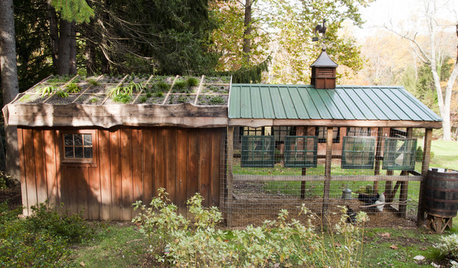
FARM YOUR YARDHouzz Call: Show Us Your One-of-a-Kind Chicken Coops
Do you have a fun or stylish backyard shelter for your feathered friends? Post your pictures and stories in the Comments!
Full Story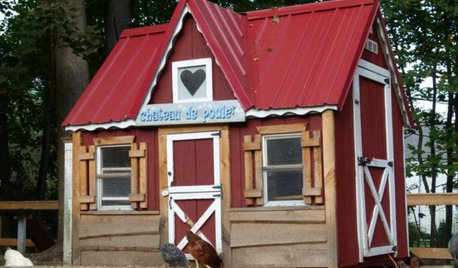
GARDENING AND LANDSCAPINGChicken Coops That Rule the Roost
These 8 chicken coops designed by Houzz users will have you clucking in admiration — and maybe even planning a henhouse of your own
Full Story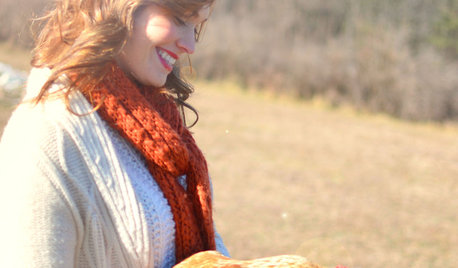
GARDENING AND LANDSCAPINGRaise Backyard Chickens Without Ruffling Neighbors' Feathers
Before you build a coop in the backyard, follow these strategies to help keep your neighbors from squawking
Full Story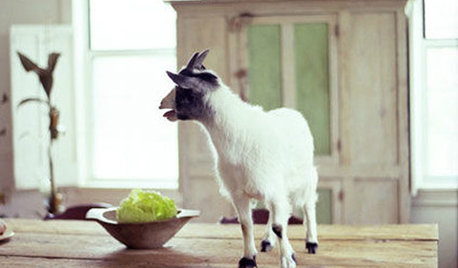
LIFEEasy Green: Modern Homesteaders Stake a Claim
With more options for raising chickens, growing edibles and keeping bees than ever, suburban and city folk are rediscovering a lost art
Full Story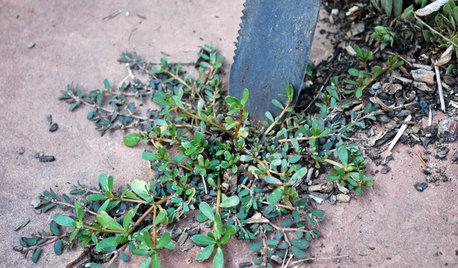
GARDENING GUIDES5 Ways to Naturally Win the Weed War
Show irksome weeds no mercy with these tricks for combating them sans chemicals
Full Story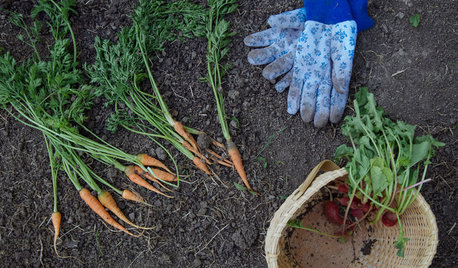
FARM YOUR YARDMy Houzz: Backyard Farming for a Kansas City Family
A backyard garden provides a family of 5 with organic seasonal produce. Here's how they do it
Full Story
GARDENING GUIDESNew Ways to Think About All That Mulch in the Garden
Before you go making a mountain out of a mulch hill, learn the facts about what your plants and soil really want
Full Story
FARM YOUR YARDRemake Your Backyard Into a Mini Farm
You can get a taste of country life by line-drying your laundry, growing some produce or going whole hog with the critters
Full StoryMore Discussions







pennymca
jonas302
Related Professionals
Elwood Landscape Architects & Landscape Designers · Ferndale Landscape Architects & Landscape Designers · Lowell Landscape Architects & Landscape Designers · Prairie Ridge Landscape Architects & Landscape Designers · Willowick Landscape Architects & Landscape Designers · Finneytown Landscape Architects & Landscape Designers · Buford Landscape Contractors · Bell Gardens Landscape Contractors · Fuquay-Varina Landscape Contractors · Melrose Park Landscape Contractors · Ringwood Landscape Contractors · Winter Gardens Landscape Contractors · Camp Springs Landscape Contractors · Bellingham Decks, Patios & Outdoor Enclosures · Cary Decks, Patios & Outdoor Enclosureskayhh
digdirt2
msjay2uOriginal Author
Lloyd
Lloyd
maifleur01
greenbean08_gw
pennymca
rj_hythloday
digdirt2